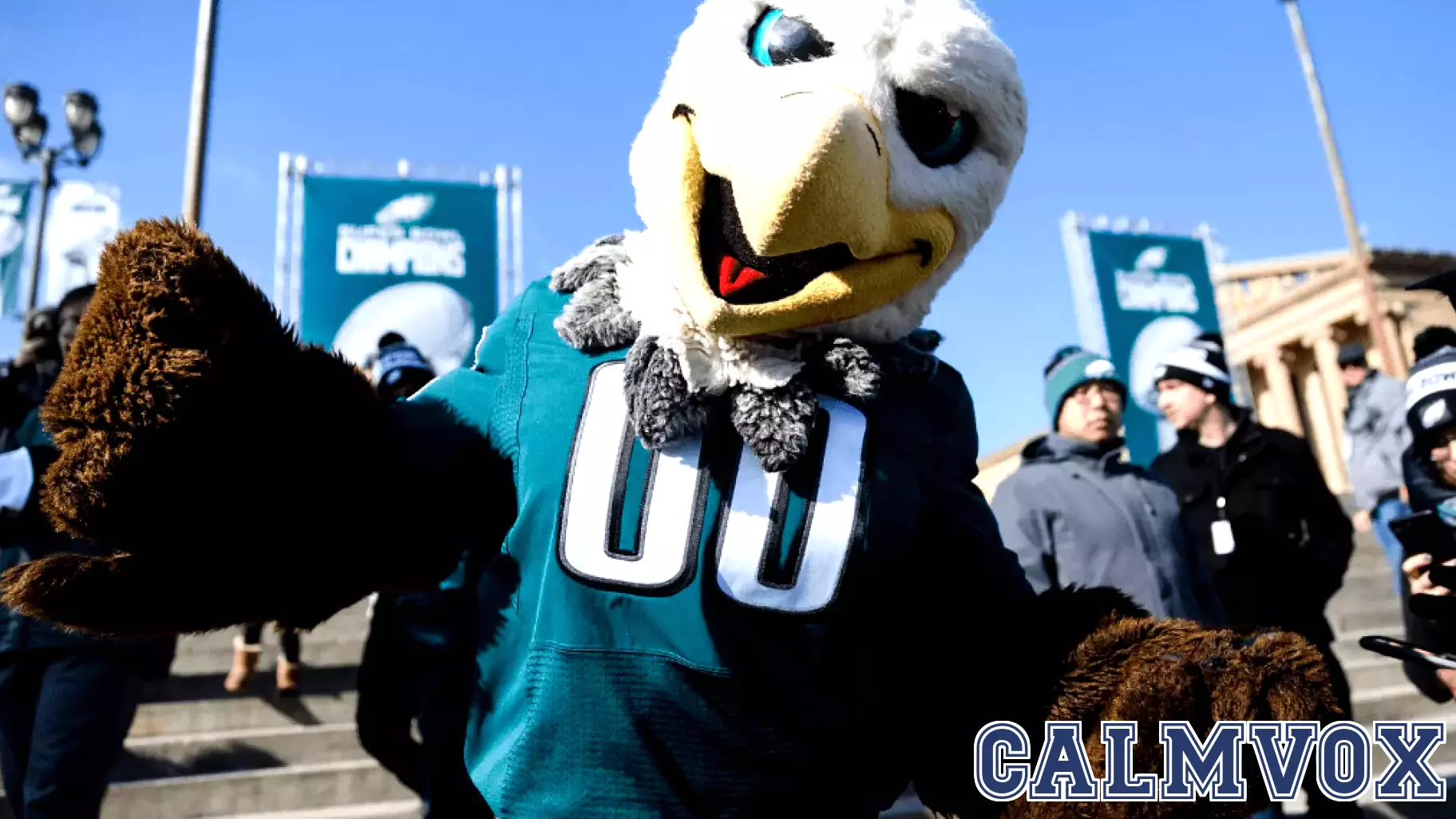Understanding the Psychological Factors Behind a Super Bowl Victory
February 10, 2025 - 03:21

By Eric Zillmer, Professor of Neuropsychology at Drexel University
The Super Bowl stands as one of the most monumental sporting events globally, captivating more than 100 million viewers in the United States alone, alongside tens of millions from around the world. This cultural phenomenon transcends mere sports, as it intertwines with deep-rooted emotions, community identity, and psychological resilience, particularly for diehard fans like those of the Philadelphia Eagles.
For fans unable to attend the game in person, the emotional stakes remain high. The anticipation, anxiety, and excitement that accompany such a significant event can impact not only individual well-being but also social dynamics within communities. The collective experience of watching the game fosters a unique bond among fans, reinforcing a sense of belonging and shared purpose.
Moreover, understanding the psychological strategies that athletes employ can shed light on how mental preparation and focus contribute to a team's success. By examining the intersection of sports psychology and fan engagement, we gain valuable insights into the behaviors that drive not only the players but also the passionate supporters who cheer them on.
MORE NEWS

March 1, 2026 - 08:18
New psychology research reveals a vicious cycle involving smartphone use and feelings of disconnectionNew psychology research reveals a troubling daily cycle where smartphone use and feelings of loneliness intensify one another. A study published in the journal Addictive Behaviors provides...

February 28, 2026 - 23:13
AI in, Garbage Out: Is Meta-Analysis in Danger?A cornerstone of modern psychology, the meta-analysis, is facing a novel and significant threat from the proliferation of fake, AI-generated scientific papers. This method, which statistically...

February 28, 2026 - 10:20
Critiquing Israel is not Anti-Semitism: The American Psychological AssociationIn a significant statement, the American Psychological Association has clarified the crucial distinction between criticizing the policies of the Israeli government and antisemitism. This move...

February 27, 2026 - 23:59
Psychology Suggests the U.S. Army Needs to Do More To Battle A New Enemy (Not Russia or China): LonelinessA recent study highlights a growing, non-traditional adversary within the U.S. military ranks: pervasive loneliness. While the Army possesses deep institutional knowledge for building unit cohesion...